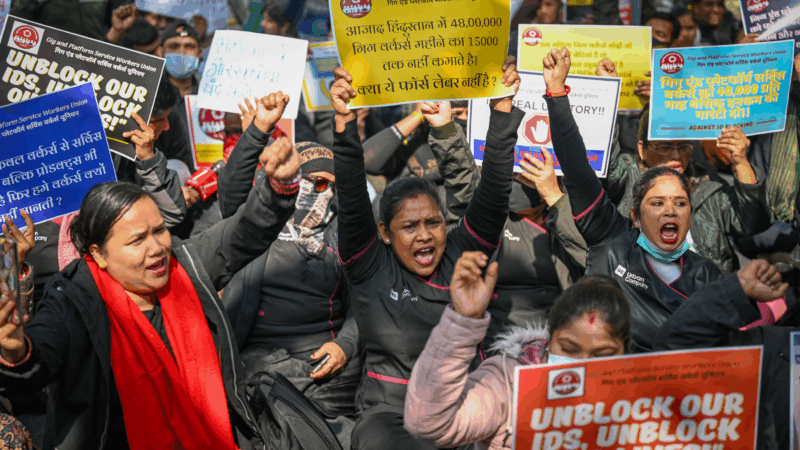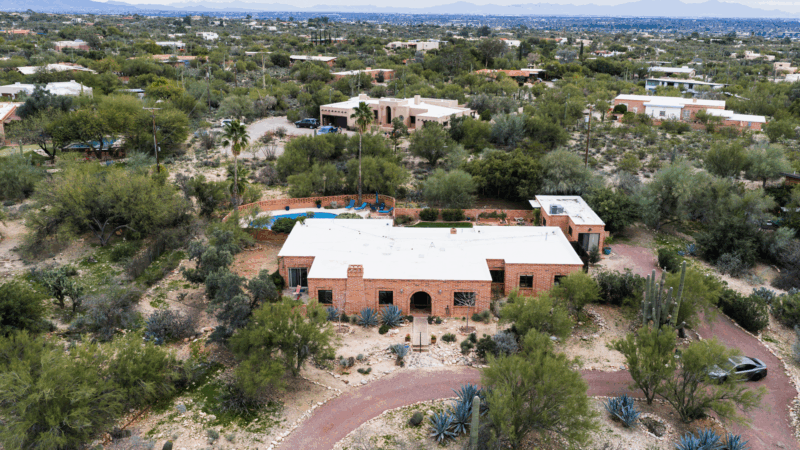Deciphering Alabama’s Immigration Law
Andrew Yeager | October 4, 2011
========= Old Image Removed =========Array
(
[_wp_attached_file] => Array
(
[0] => 2011/04/immigration.jpg
)
[_wp_attachment_metadata] => Array
(
[0] => a:5:{s:5:"width";i:1920;s:6:"height";i:1440;s:4:"file";s:23:"2011/04/immigration.jpg";s:5:"sizes";a:13:{s:6:"medium";a:4:{s:4:"file";s:23:"immigration-336x252.jpg";s:5:"width";i:336;s:6:"height";i:252;s:9:"mime-type";s:10:"image/jpeg";}s:5:"large";a:4:{s:4:"file";s:23:"immigration-771x578.jpg";s:5:"width";i:771;s:6:"height";i:578;s:9:"mime-type";s:10:"image/jpeg";}s:9:"thumbnail";a:4:{s:4:"file";s:23:"immigration-140x140.jpg";s:5:"width";i:140;s:6:"height";i:140;s:9:"mime-type";s:10:"image/jpeg";}s:12:"medium_large";a:4:{s:4:"file";s:23:"immigration-768x576.jpg";s:5:"width";i:768;s:6:"height";i:576;s:9:"mime-type";s:10:"image/jpeg";}s:9:"1536x1536";a:4:{s:4:"file";s:25:"immigration-1536x1152.jpg";s:5:"width";i:1536;s:6:"height";i:1152;s:9:"mime-type";s:10:"image/jpeg";}s:9:"wbhm-icon";a:4:{s:4:"file";s:21:"immigration-80x80.jpg";s:5:"width";i:80;s:6:"height";i:80;s:9:"mime-type";s:10:"image/jpeg";}s:13:"wbhm-featured";a:4:{s:4:"file";s:23:"immigration-800x450.jpg";s:5:"width";i:800;s:6:"height";i:450;s:9:"mime-type";s:10:"image/jpeg";}s:20:"wbhm-featured-square";a:4:{s:4:"file";s:23:"immigration-600x600.jpg";s:5:"width";i:600;s:6:"height";i:600;s:9:"mime-type";s:10:"image/jpeg";}s:18:"wbhm-featured-home";a:4:{s:4:"file";s:23:"immigration-415x311.jpg";s:5:"width";i:415;s:6:"height";i:311;s:9:"mime-type";s:10:"image/jpeg";}s:22:"wbhm-featured-carousel";a:4:{s:4:"file";s:23:"immigration-353x265.jpg";s:5:"width";i:353;s:6:"height";i:265;s:9:"mime-type";s:10:"image/jpeg";}s:28:"ab-block-post-grid-landscape";a:4:{s:4:"file";s:23:"immigration-600x400.jpg";s:5:"width";i:600;s:6:"height";i:400;s:9:"mime-type";s:10:"image/jpeg";}s:25:"ab-block-post-grid-square";a:4:{s:4:"file";s:23:"immigration-600x600.jpg";s:5:"width";i:600;s:6:"height";i:600;s:9:"mime-type";s:10:"image/jpeg";}s:14:"post-thumbnail";a:4:{s:4:"file";s:23:"immigration-125x125.jpg";s:5:"width";i:125;s:6:"height";i:125;s:9:"mime-type";s:10:"image/jpeg";}}s:10:"image_meta";a:12:{s:8:"aperture";s:1:"0";s:6:"credit";s:0:"";s:6:"camera";s:0:"";s:7:"caption";s:0:"";s:17:"created_timestamp";s:1:"0";s:9:"copyright";s:0:"";s:12:"focal_length";s:1:"0";s:3:"iso";s:1:"0";s:13:"shutter_speed";s:1:"0";s:5:"title";s:0:"";s:11:"orientation";s:1:"0";s:8:"keywords";a:0:{}}}
)
[_imagify_optimization_level] => Array
(
[0] => 1
)
[_imagify_data] => Array
(
[0] => a:2:{s:5:"stats";a:3:{s:13:"original_size";i:3528511;s:14:"optimized_size";i:416605;s:7:"percent";d:88.189999999999998;}s:5:"sizes";a:10:{s:4:"full";a:5:{s:7:"success";b:1;s:8:"file_url";s:51:"https://news.wbhm.org/media/2011/04/immigration.jpg";s:13:"original_size";i:3356804;s:14:"optimized_size";i:290665;s:7:"percent";d:91.340000000000003;}s:9:"thumbnail";a:2:{s:7:"success";b:0;s:5:"error";s:77:"WELL DONE. This image is already compressed, no further compression required.";}s:6:"medium";a:2:{s:7:"success";b:0;s:5:"error";s:77:"WELL DONE. This image is already compressed, no further compression required.";}s:5:"large";a:5:{s:7:"success";b:1;s:8:"file_url";s:59:"https://news.wbhm.org/media/2011/04/immigration-771x578.jpg";s:13:"original_size";i:113300;s:14:"optimized_size";i:82370;s:7:"percent";d:27.300000000000001;}s:9:"wbhm-icon";a:5:{s:7:"success";b:1;s:8:"file_url";s:57:"https://news.wbhm.org/media/2011/04/immigration-80x80.jpg";s:13:"original_size";i:4093;s:14:"optimized_size";i:3983;s:7:"percent";d:2.6899999999999999;}s:13:"wbhm-featured";a:5:{s:7:"success";b:1;s:8:"file_url";s:59:"https://news.wbhm.org/media/2011/04/immigration-600x338.jpg";s:13:"original_size";i:54314;s:14:"optimized_size";i:39587;s:7:"percent";d:27.109999999999999;}s:20:"wbhm-featured-square";a:2:{s:7:"success";b:0;s:5:"error";s:77:"WELL DONE. This image is already compressed, no further compression required.";}s:18:"wbhm-featured-home";a:2:{s:7:"success";b:0;s:5:"error";s:77:"WELL DONE. This image is already compressed, no further compression required.";}s:22:"wbhm-featured-carousel";a:2:{s:7:"success";b:0;s:5:"error";s:77:"WELL DONE. This image is already compressed, no further compression required.";}s:14:"post-thumbnail";a:2:{s:7:"success";b:0;s:5:"error";s:77:"WELL DONE. This image is already compressed, no further compression required.";}}}
)
[_imagify_status] => Array
(
[0] => success
)
)
1676221857
1317686400
Now that a federal judge has allowed most of Alabama’s tough new immigration law to go into effect, lawyers, police and immigrants themselves are trying to figure out just how the law is applied. WBHM’s Andrew Yeager spoke about what some parts of the law mean with Zayne Smith. She’s the immigration policy director with Alabama Appleseed. It’s a non-partisan, advocacy organization. They began by talking about one of the most controversial parts of the law, a provision allowing police at traffic stops to check someone’s immigration status if the police believes there’s “reasonable suspicion” that person is in the country illegally.







